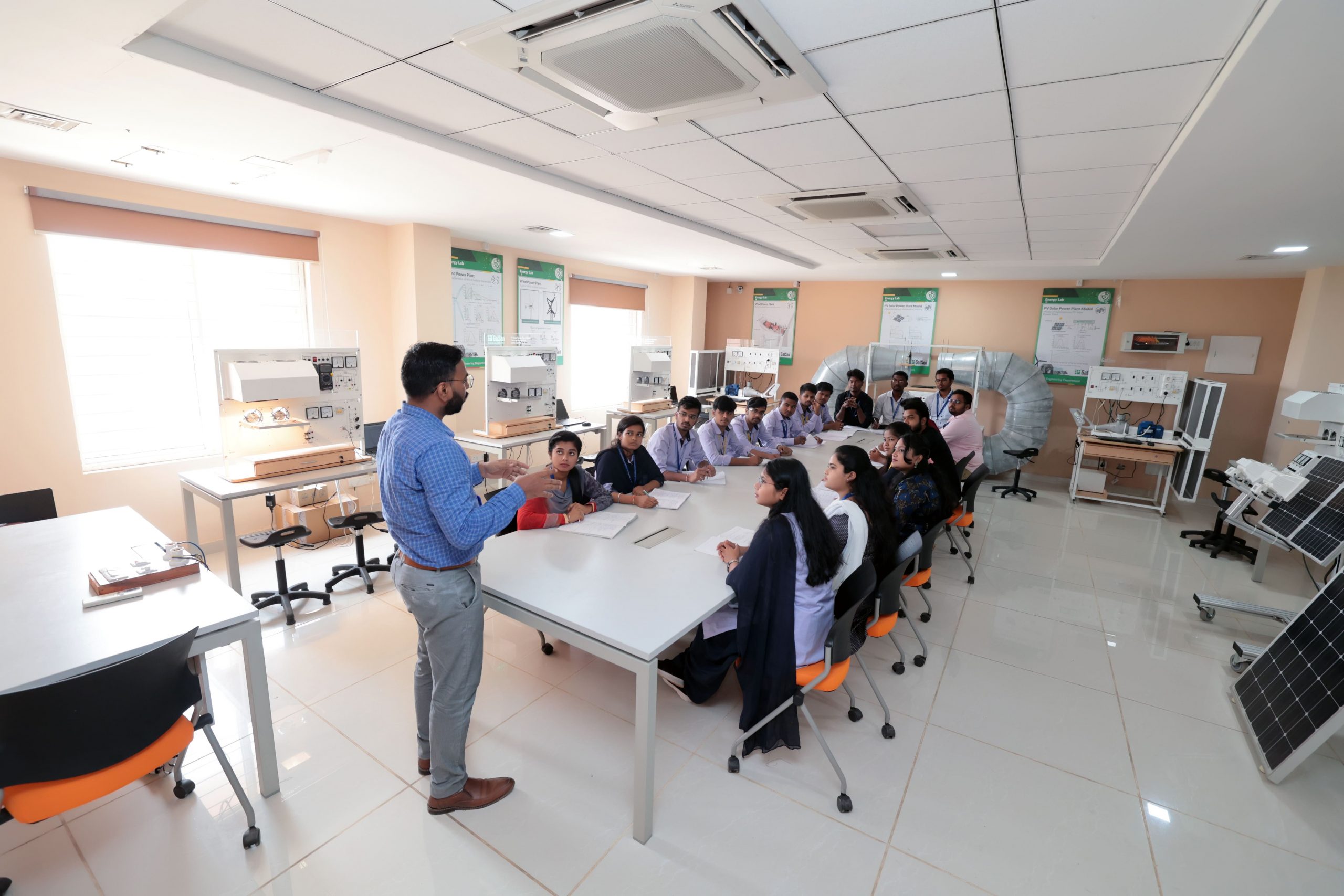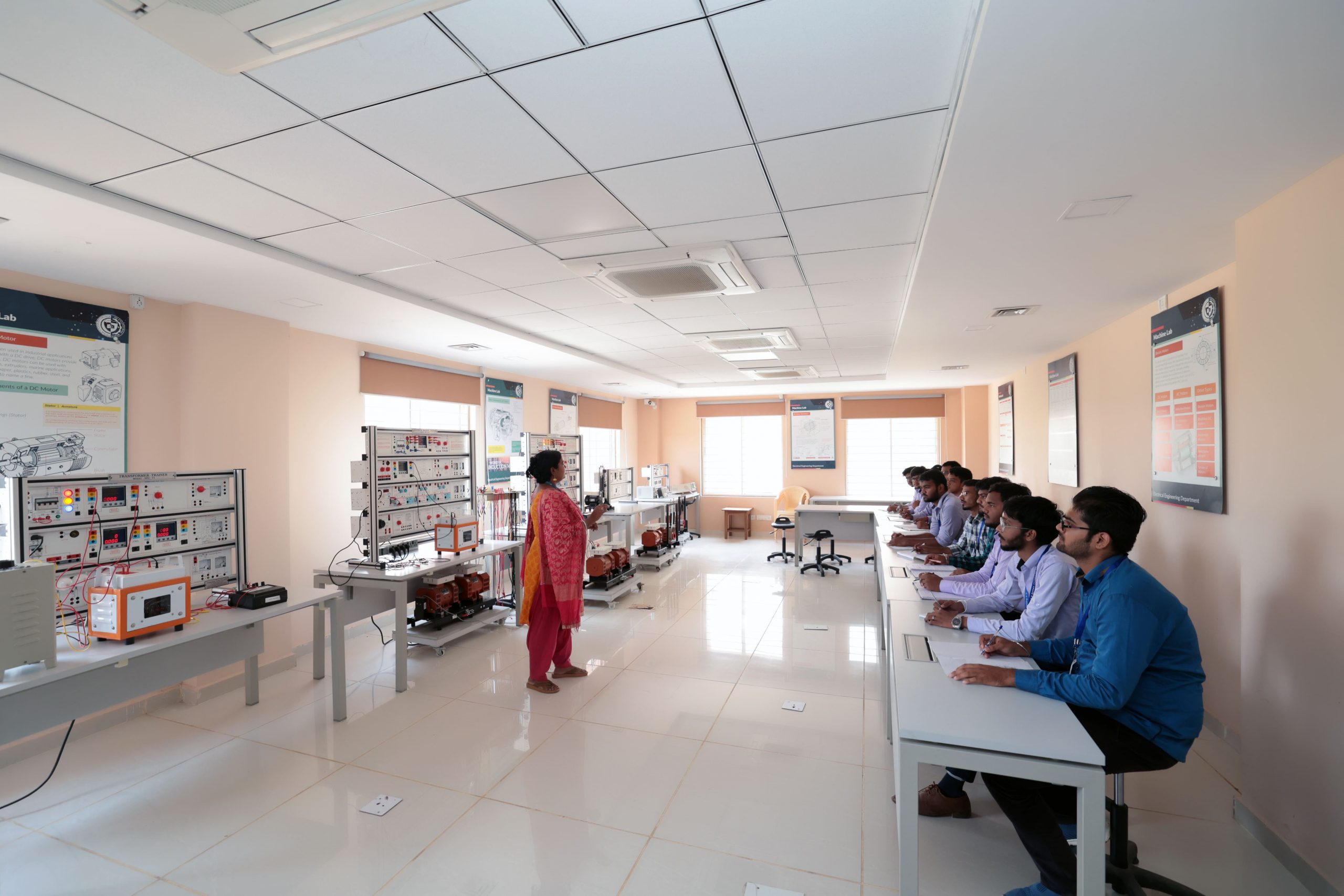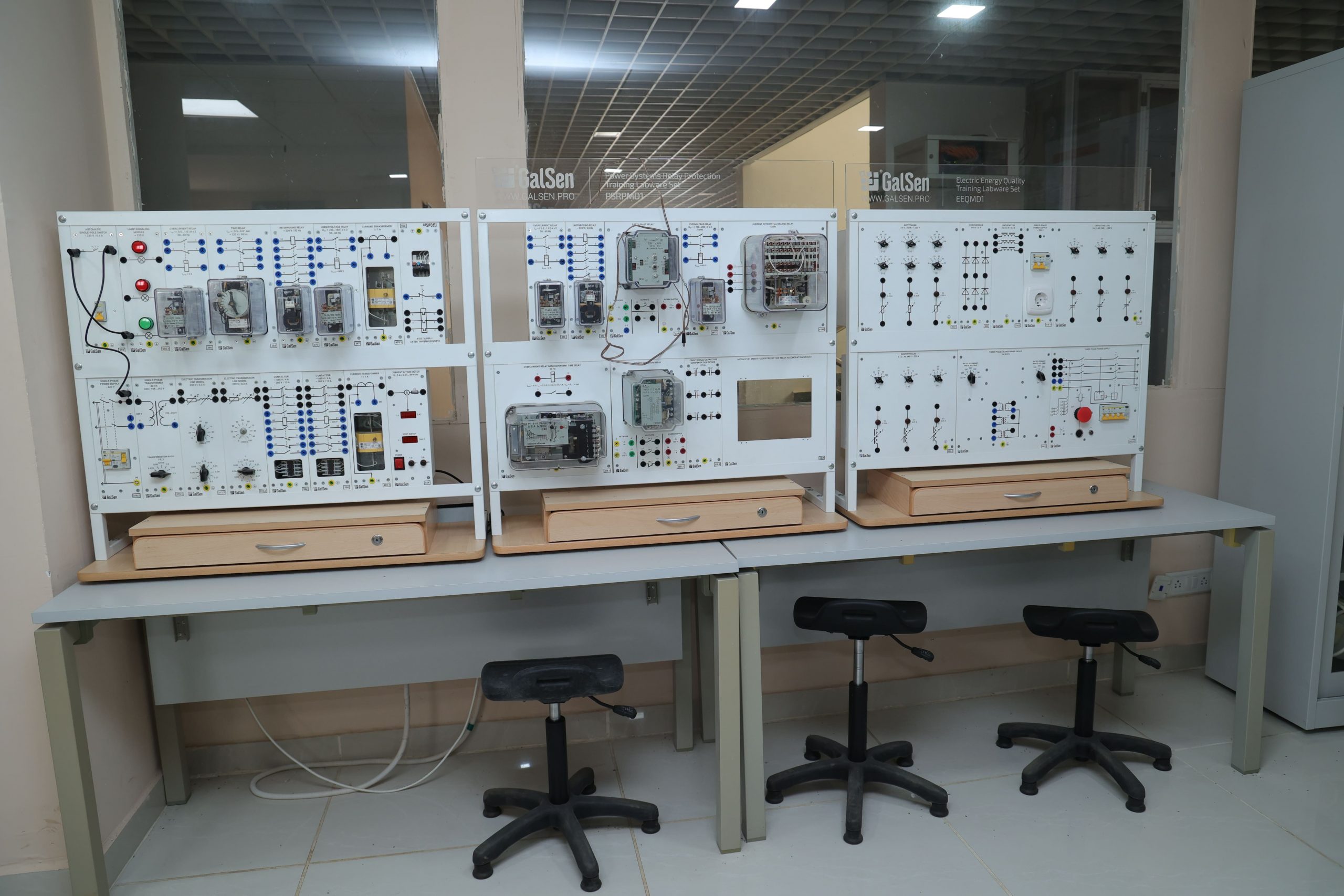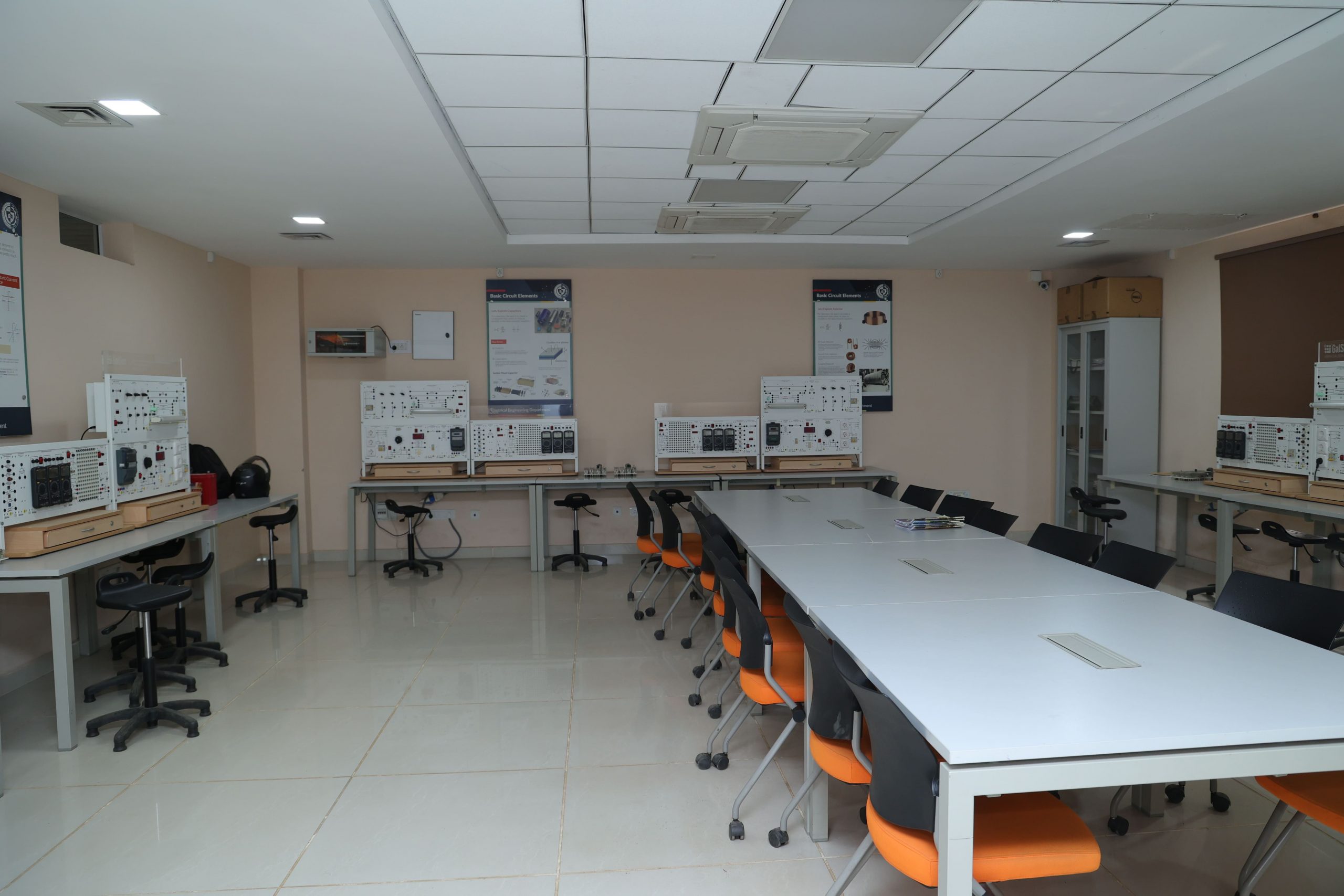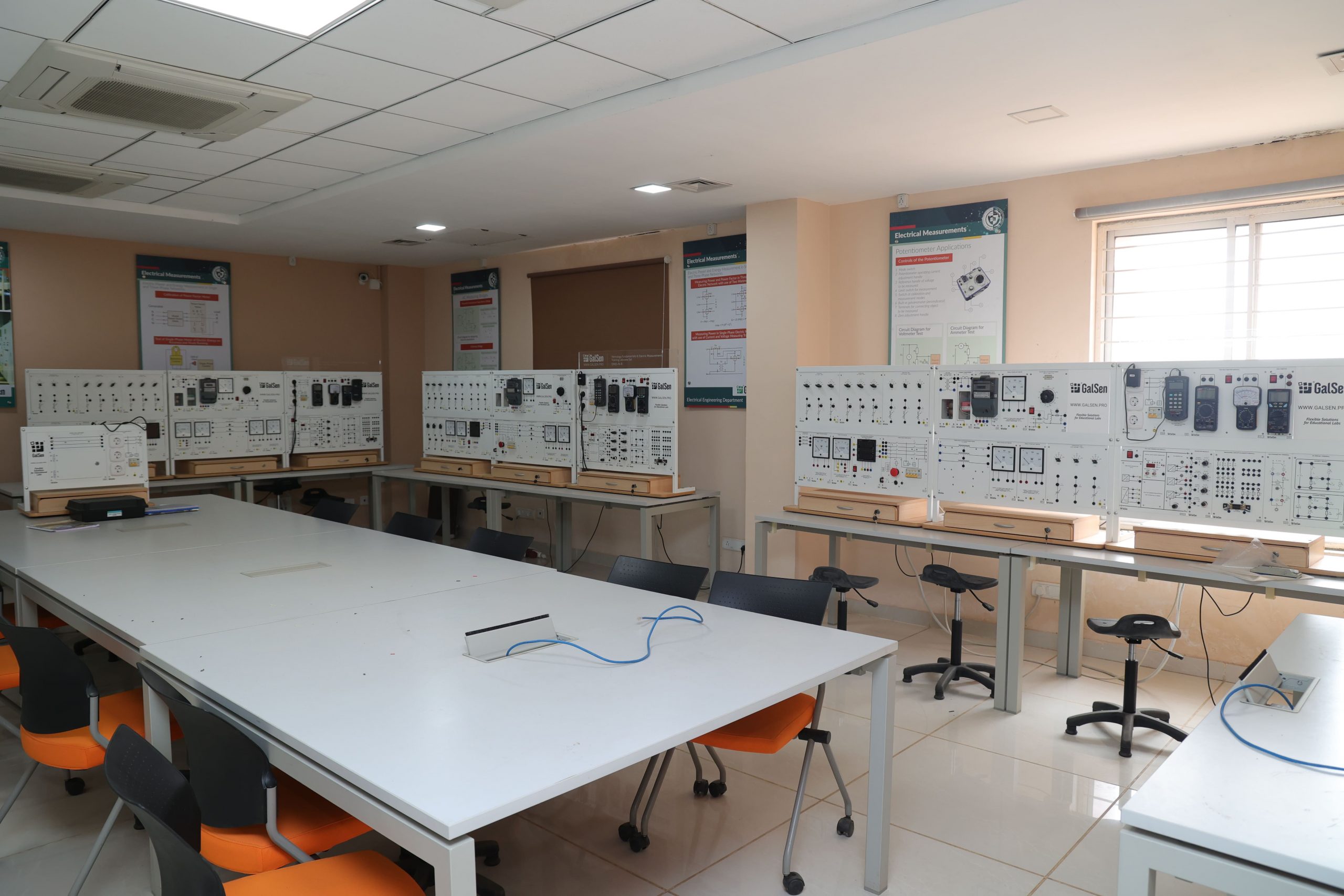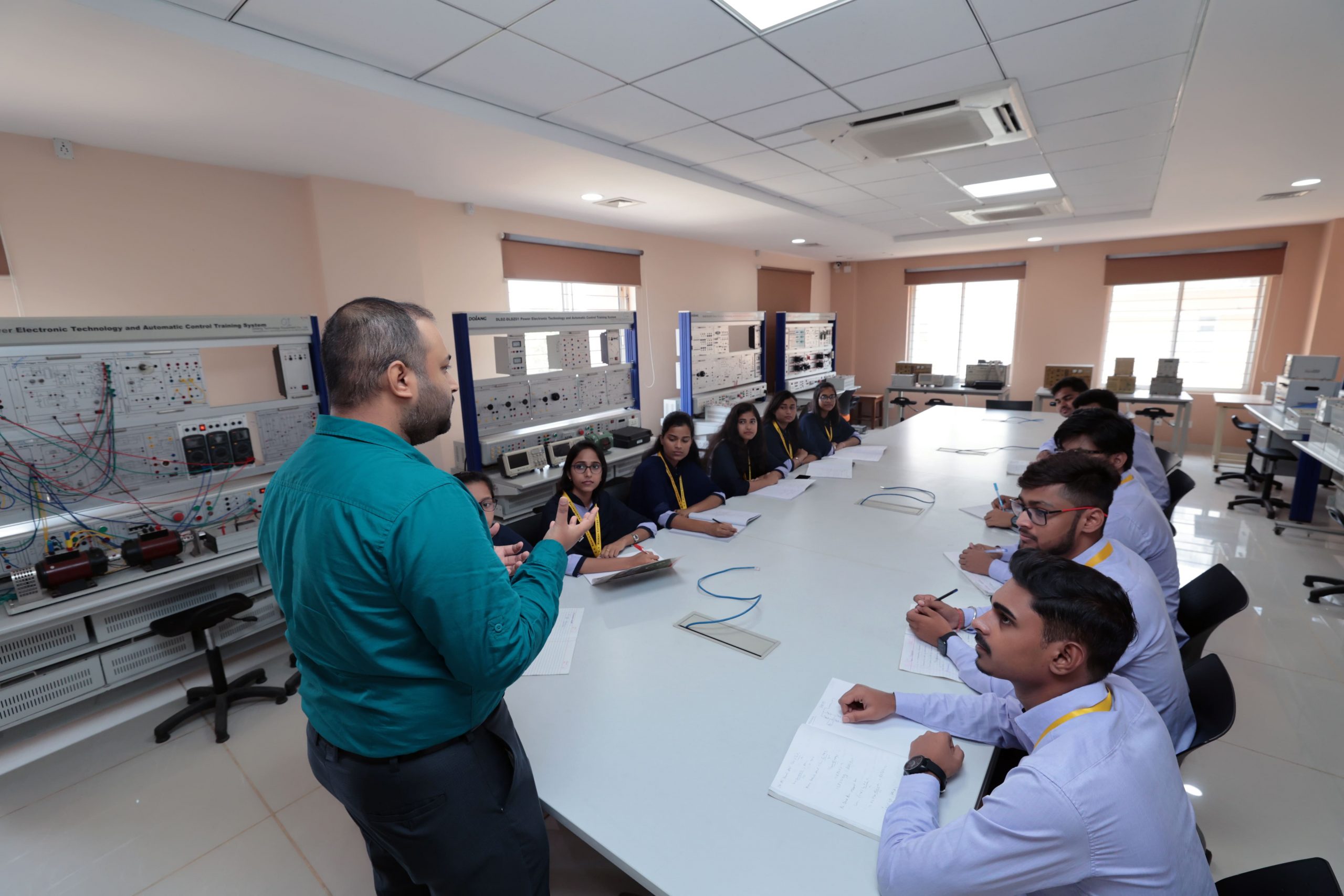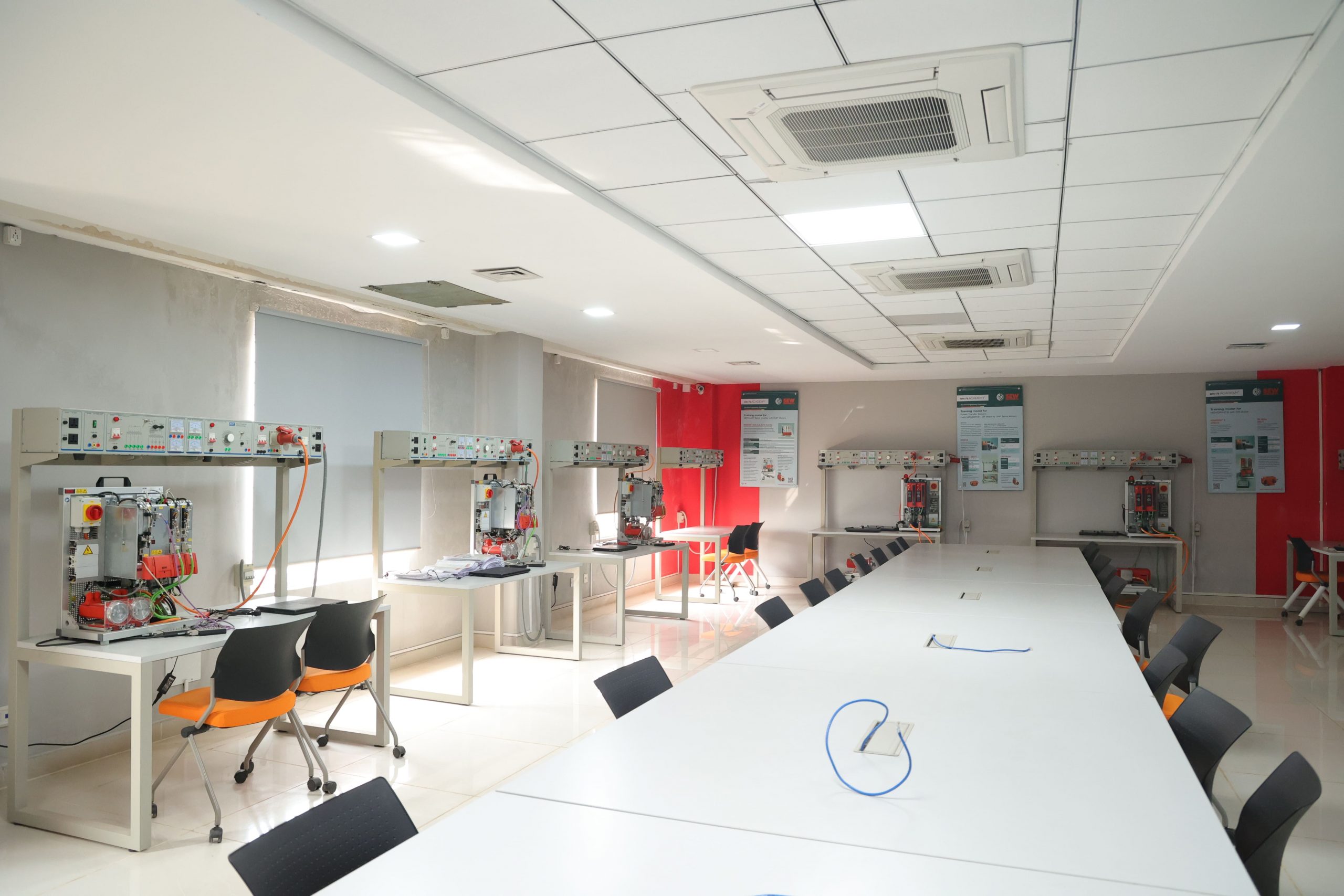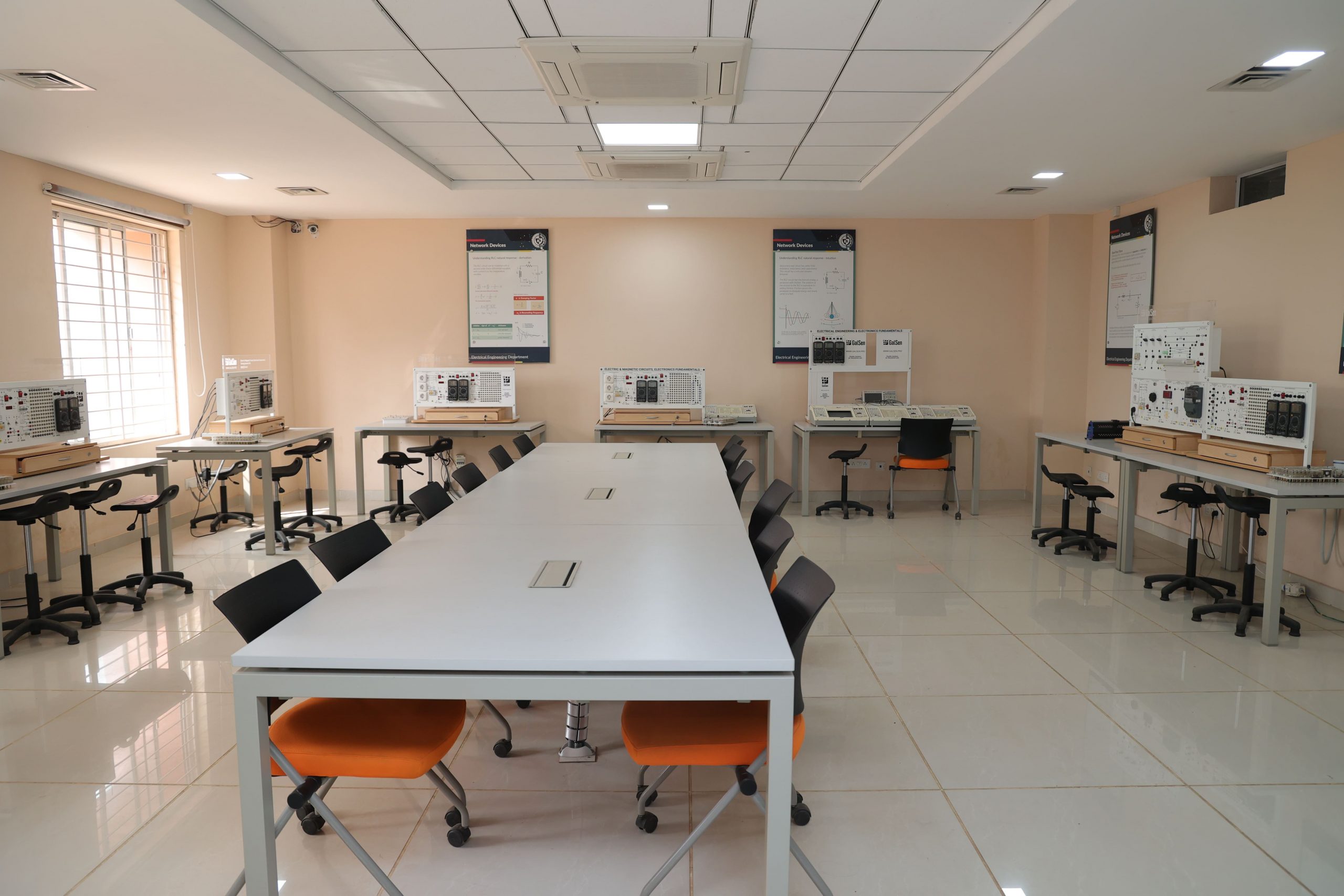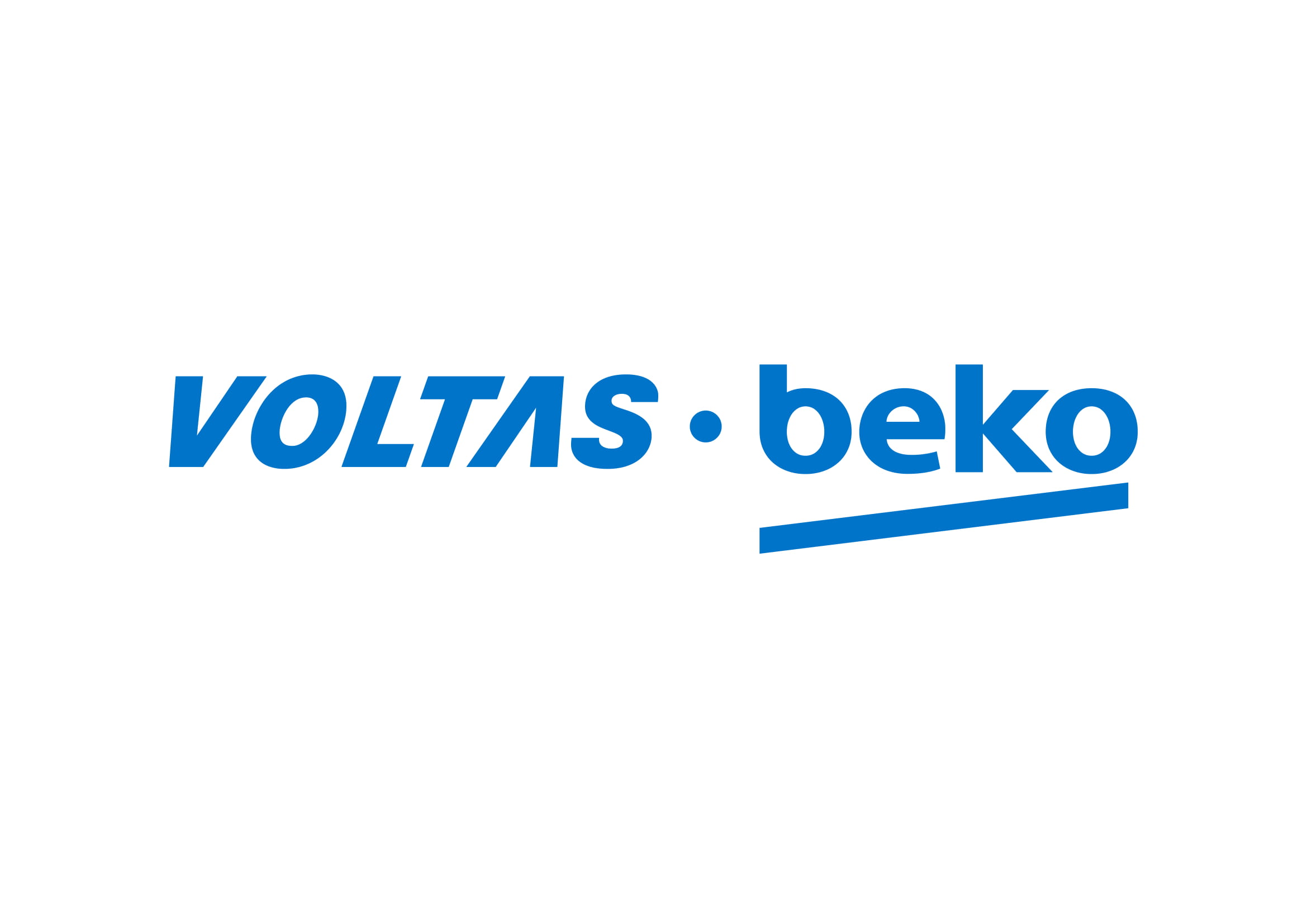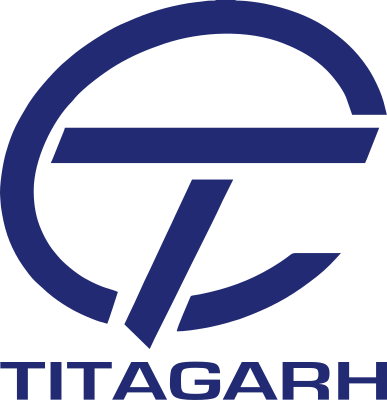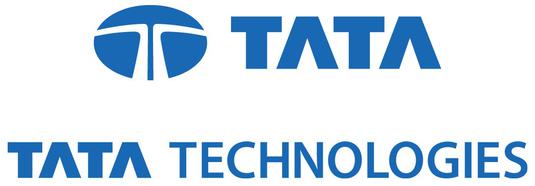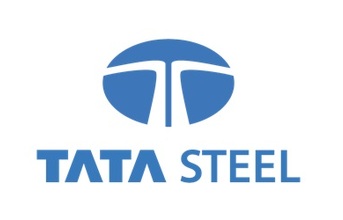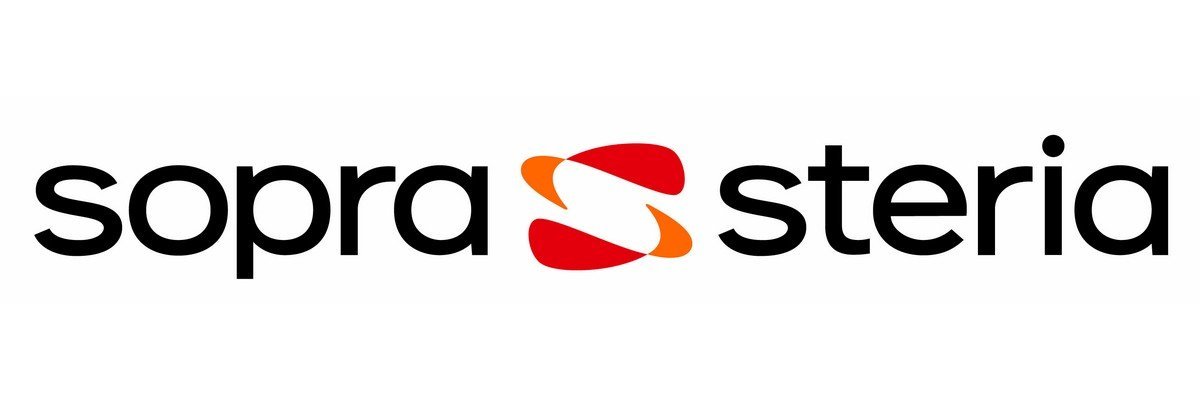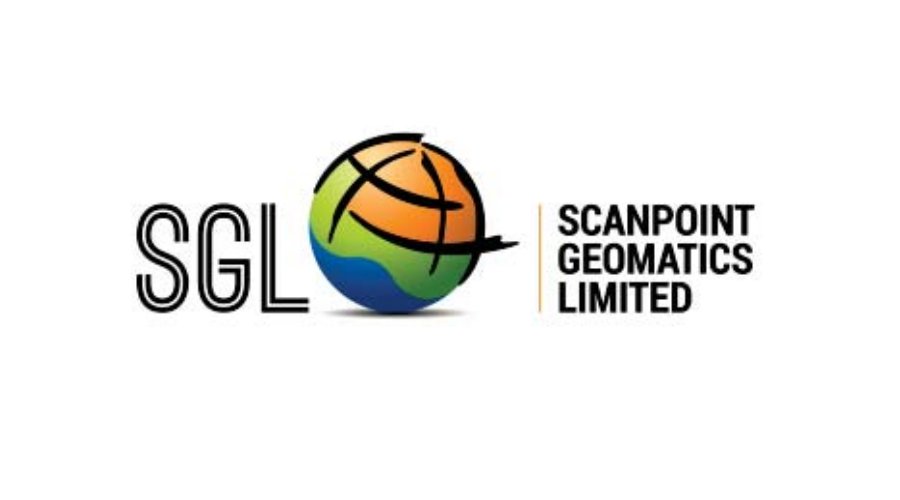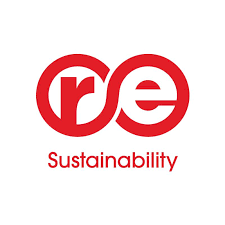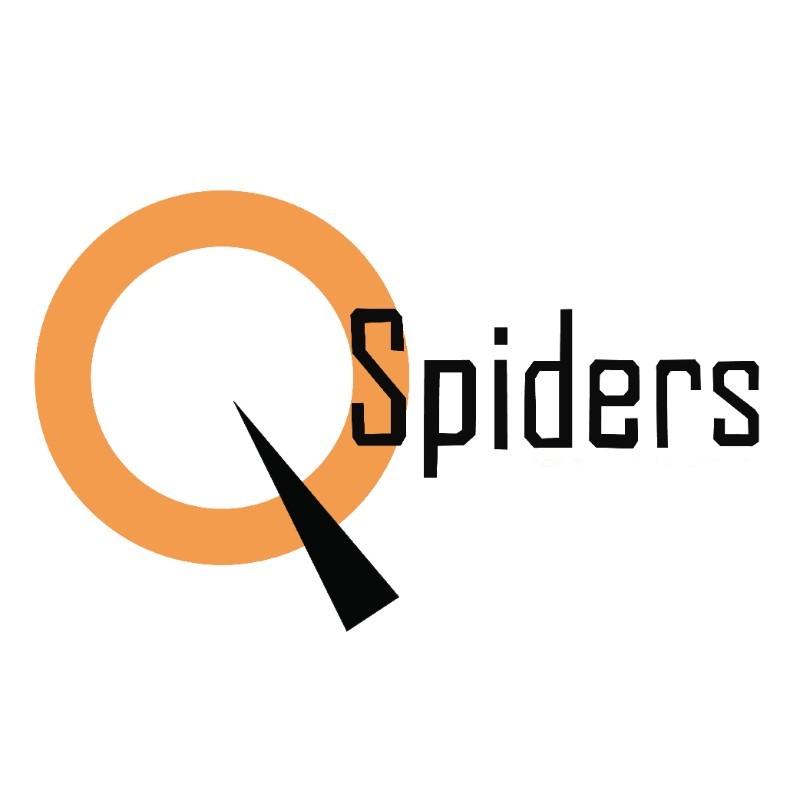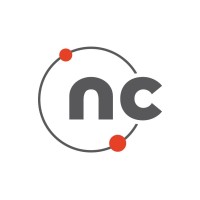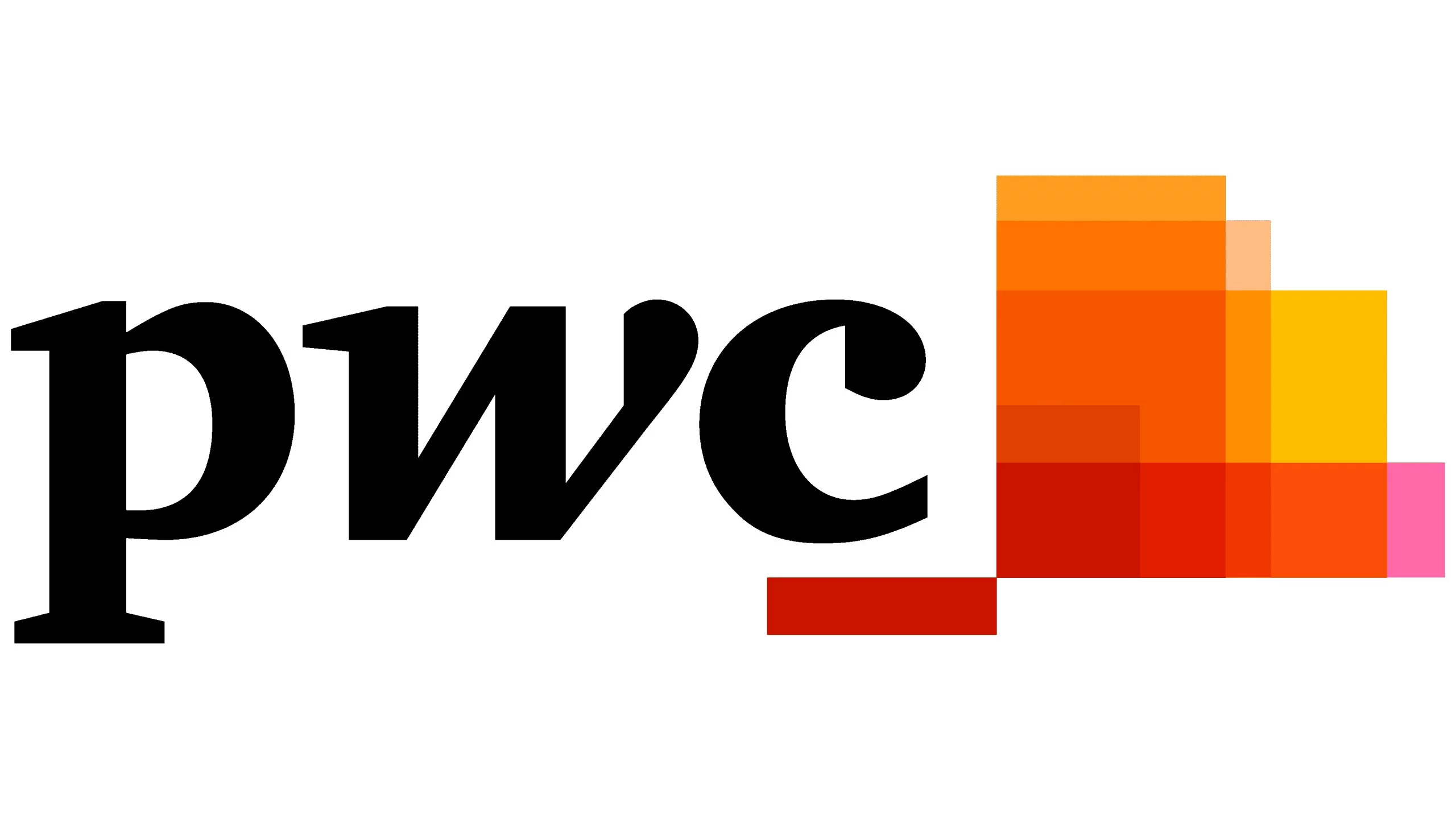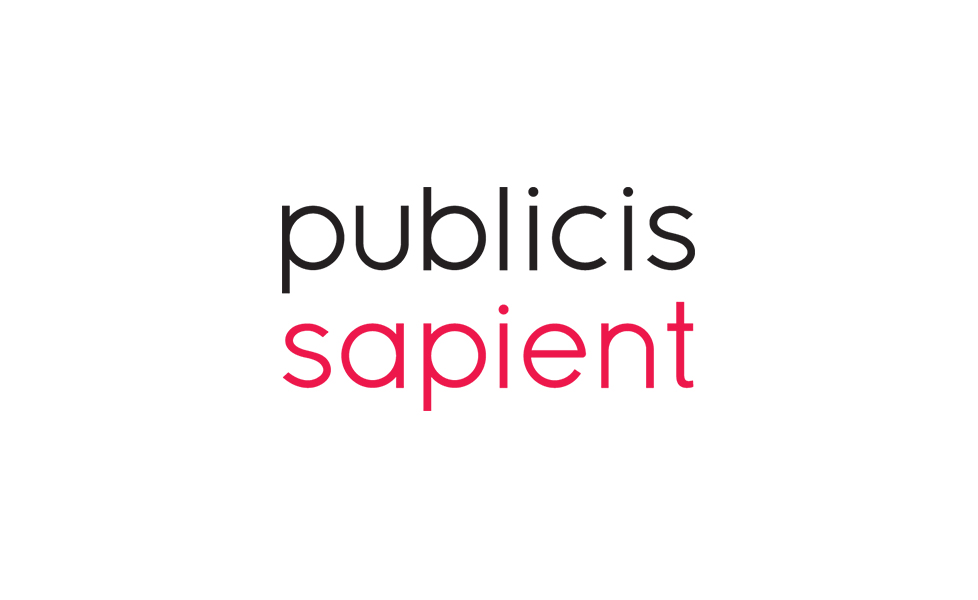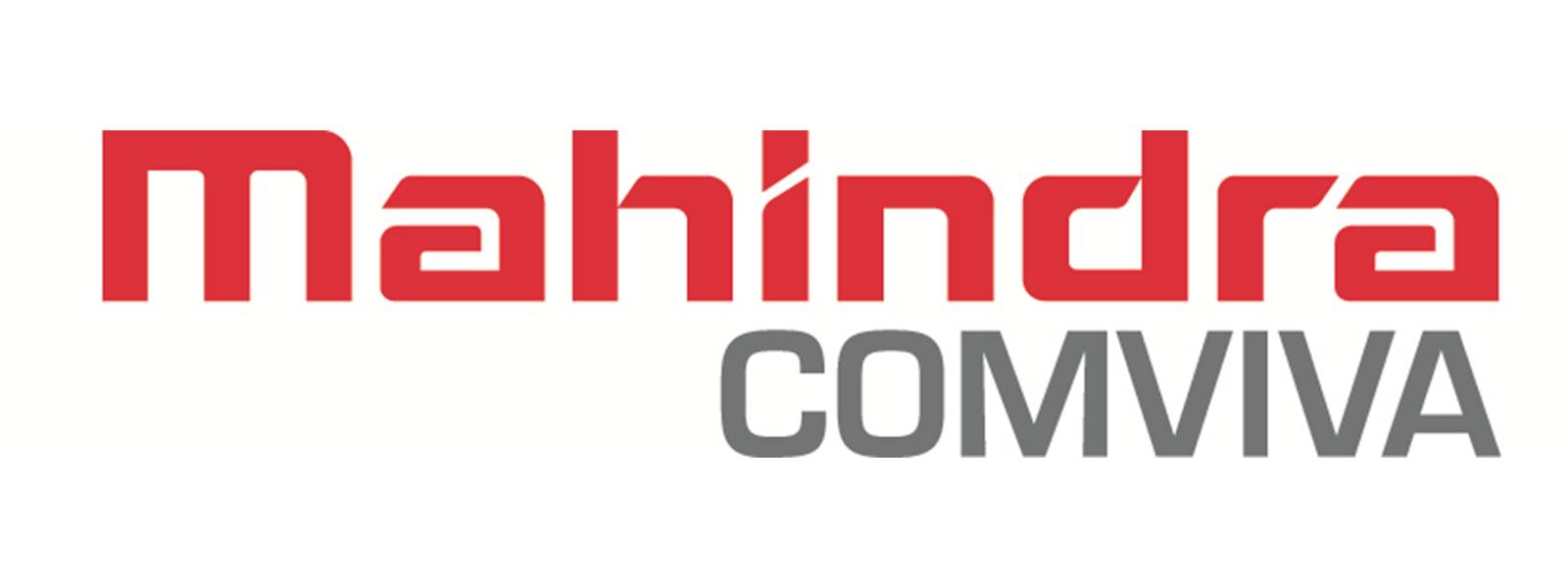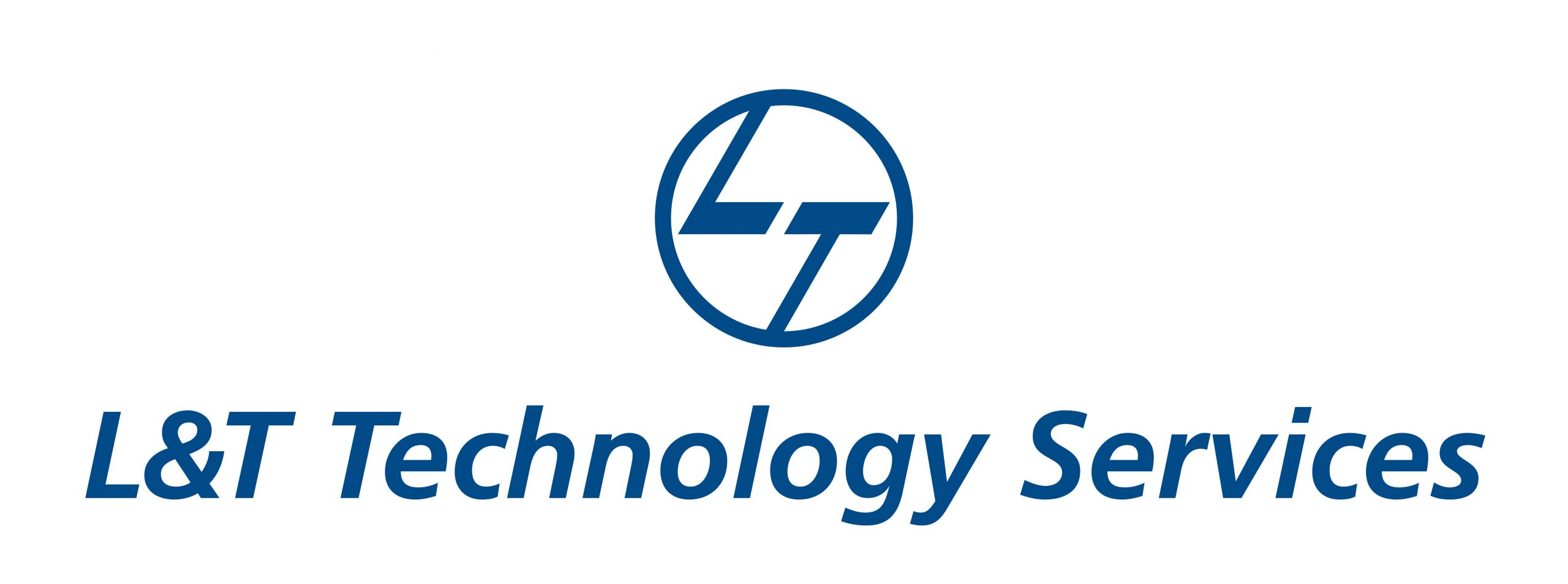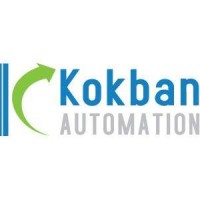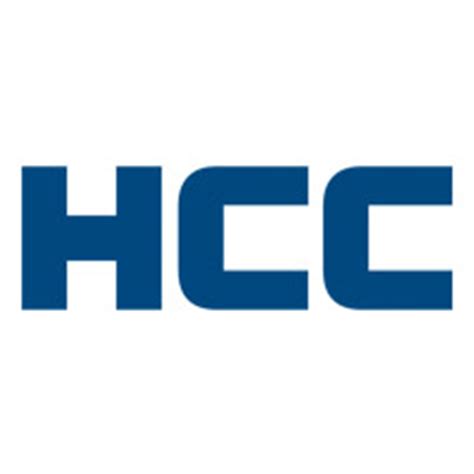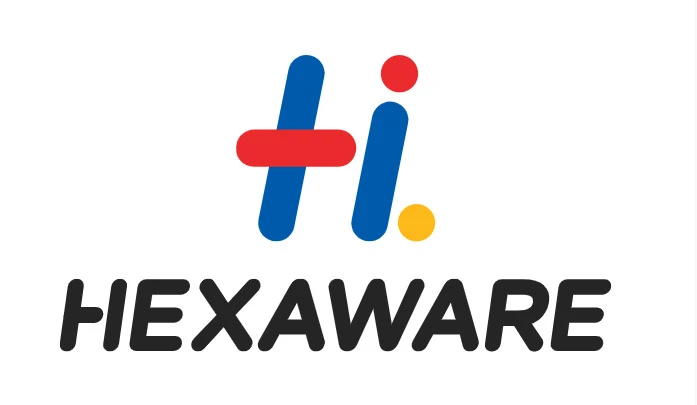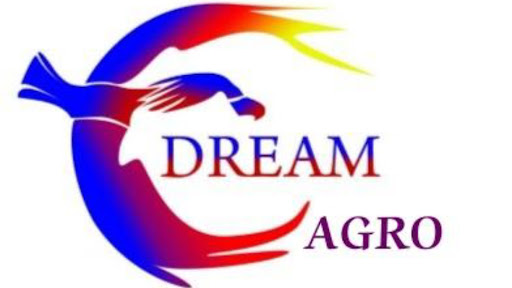Overview
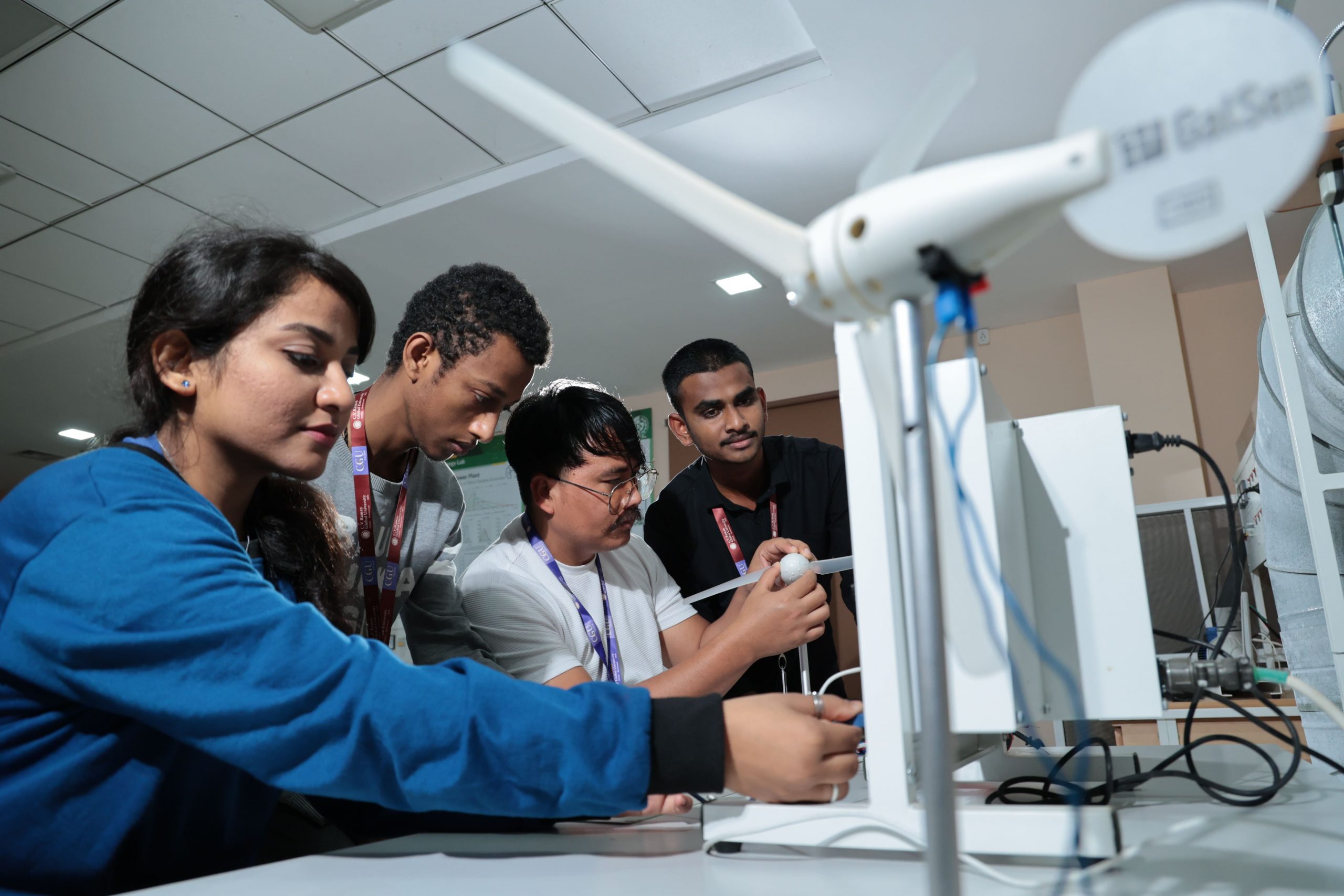
Program Educational Objectives (peo’s)
PEO1
To produce graduates having a strong background of basic science, Mathematics & Engineering and ability to use these tools.PEO2
To produce graduates who can demonstrate technical competence in the field of both Electrical and Electronics Engineering and develop solutions to the complex problems.PEO3
To produce graduates having professional competence through life-long learning such as advanced degrees, professional skills and other professional activities related globally to engineering & society.PEO4
To produce graduates who function effectively in a multi-disciplinary environment and individually, within a societal and environmental context.PEO5
To produce graduates who would be able to take individual responsibility and work as a part of a team towards the fulfilment of both individual and organizational goals
Program Outcomes (PO’s)
PO1
Engineering Knowledge: Apply knowledge of mathematics, science, engineering fundamentals and an engineering specialization to the solution of complex engineering problems.PO2
Problem Analysis: Identify, formulate, research literature and analyze complex engineering problems reaching substantiated conclusions using first principles of mathematics, natural sciences and engineering sciences.PO3
Design/Development of Solutions: Design solutions for complex engineering problems and design system components or processes that meet specified needs with appropriate consideration for public health and safety, cultural, societal and environmental considerations.PO4
Conduct investigations of complex problems using research-based knowledge and research methods including design of experiments, analysis and interpretation of data and synthesis of information to provide valid conclusions.PO5
Modern Tool Usage: Create, select and apply appropriate techniques, resources and modern engineering and IT tools including prediction and modelling to complex engineering activities with an understanding of the limitations.PO6
The Engineer and Society: Apply reasoning informed by contextual knowledge to assess societal, health safety, legal and cultural issues and the consequent responsibilities relevant to professional engineering practice.PO7
Environmental and Sustainability: Understand the impact of professional engineering solutions in societal and environmental contexts and demonstrate knowledge of and need for sustainable development.PO8
Ethics: Apply ethical principles and commit to professional ethics and responsibilities and norms of engineering practice.PO9
Individual and Team Work: Function effectively as an individual, and as a member or leader in diverse teams and in multidisciplinary settings.PO10
Communication: Communicate effectively on complex engineering activities with the engineering community and with society at large, such as being able to comprehend and write effective reports and design documentation, make effective presentations and give and receive clear instructions.PO11
Project Management and Finance: Demonstrate knowledge and understanding of engineering and management principles and apply these to one and own work, as a member and leader in a team, to manage projects and in multi-disciplinary environments.PO12
Life-long Learning: Recognize the need for and have the preparation and ability to engage in independent and life-long learning in the broadest context of technological change.
SYLLABUS
Eligibility Criteria
B-TECH
| B.TECH (4Years) | Passed 10+2 examination (intermediate) with 60% marks along with Physics and Mathematics as compulsory subjects. |
|---|---|
| LE B.TECH (3Years) | a. Passed Diploma examination with at least 45% marks (40% marks in case of candidates belonging to reserved category) in any branch of Engineering and Technology. b. Passed B.Sc. Degree from a recognized University as defined by the UGC, with at least 45% marks (40% marks in case of candidates belonging to reserved category) and passed 10+2 examination with Mathematics as a subject. However, the students belonging to B.Sc. stream, seeking admission in mechanical engineering, shall be required to clear the subjects in Engineering Graphics /Engineering Drawing and Engineering Mechanics of the First Year Engineering Program along with the Second year subjects. The students belonging to B.Sc. Stream shall be considered for admission only after filling the supernumerary seats in this category with regular students belonging to the Diploma stream. c. Passed D.Voc. Stream in the same or allied sector. d. In the above cases, suitable bridge Courses, if required, such as in Mathematics may be conducted. |
Brand Association
Career path you can choose after the course
This course opens the door to many possible careers.
Research Scientist
Control Systems Engineer
Electronics Engineer
Power Systems Engineer
Electrical Engineer




